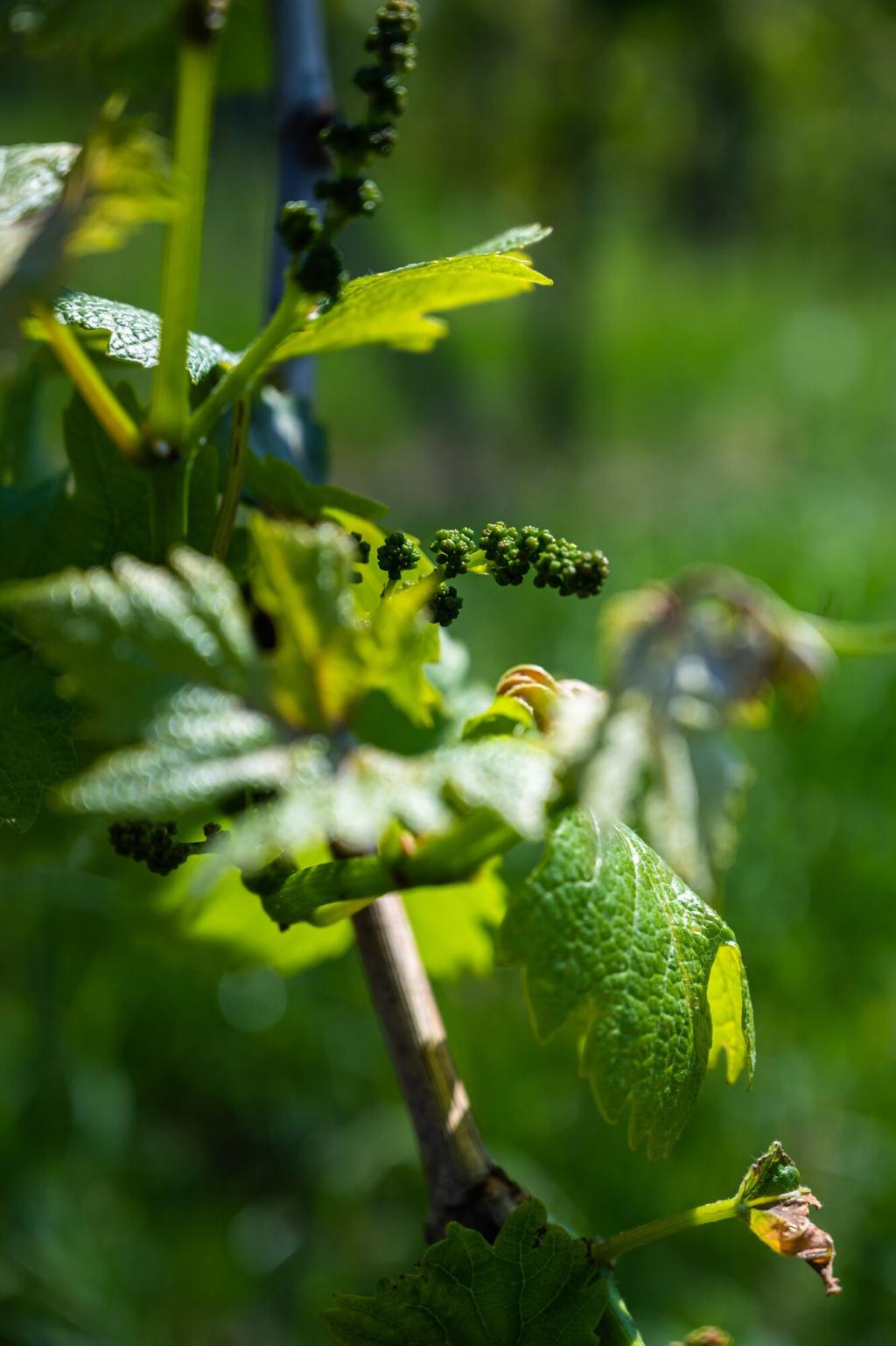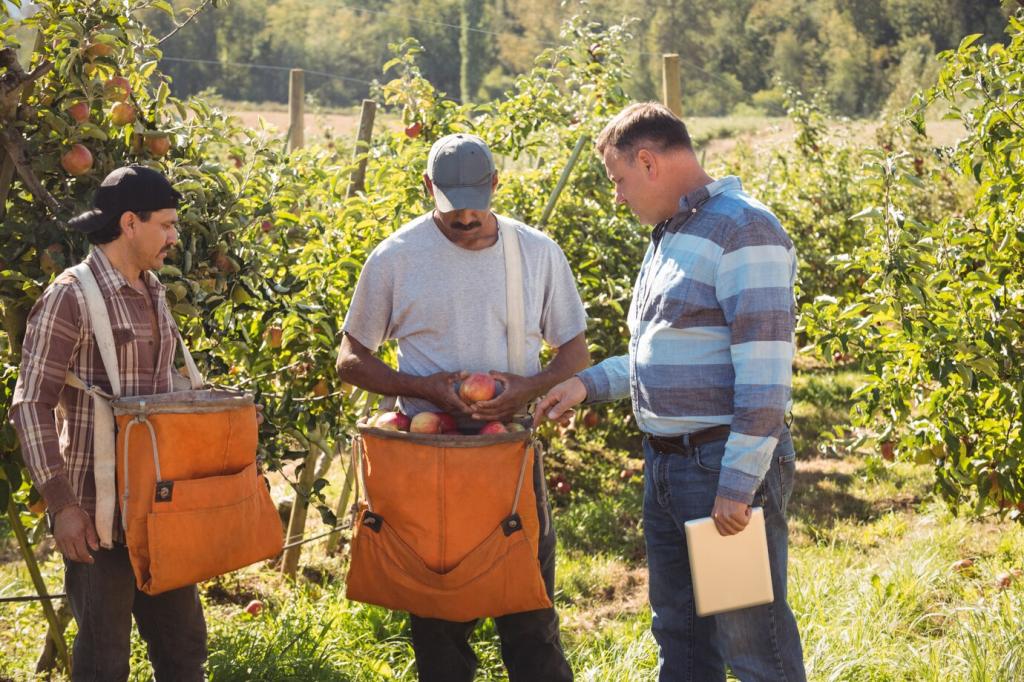Exploring the Health Advantages of Biodynamic Wine
Biodynamic wine is gaining popularity among wine enthusiasts and health-conscious consumers alike. Distinguished by a holistic and sustainable approach to viticulture that surpasses organic standards, biodynamic winemaking integrates practices designed not only to nurture the vineyard ecosystem but also to potentially enhance the health benefits found in every bottle. In this comprehensive guide, we will delve into the specific health advantages of biodynamic wine, exploring how the philosophy and methods behind its creation might contribute to improved well-being, superior wine quality, and a more sustainable relationship with nature.

Understanding Biodynamic Viticulture
Biodynamic farming incorporates a range of techniques designed to enhance the vitality of both soil and plants, often aligning cultivation with lunar and celestial cycles. Farmers apply specially prepared herbal and mineral composts to the vineyard, viewing the farm as an interconnected living organism. This comprehensive approach is believed to foster more resilient vines, capable of producing grapes with higher levels of natural compounds, potentially leading to more healthful wines.

One of the most discussed health benefits attributed to wine, and particularly to biodynamic varieties, is the elevated presence of antioxidants such as resveratrol, flavonoids, and polyphenols. With vines nurtured in nutrient-rich, chemical-free environments, biodynamic wine grapes may naturally develop greater concentrations of these protective compounds. Antioxidants help counteract oxidative stress in the body, potentially reducing the risk of various chronic illnesses and supporting overall cellular health.

Because biodynamic vineyards strictly avoid synthetic pesticides, herbicides, and fertilizers, the resulting wines tend to have significantly fewer chemical residues. The absence of these substances is not only important for the environment but can also minimize possible toxic burden on those who choose biodynamic wines. Consuming less-exposed wine may be particularly beneficial for people sensitive to chemical additives or those aiming for a cleaner, more natural diet.

Another potential advantage of biodynamic wine lies in its micronutrient profile—specifically minerals like magnesium, potassium, and iron, essential for various bodily processes. The careful management of soil health through biodynamics can result in grapes that are richer in these micronutrients. A higher micronutrient content may translate into subtle but meaningful health benefits for regular wine drinkers, supporting heart health, energy production, and immune function.
Reduced Exposure to Additives and Preservatives
Minimal Use of Sulfites
Sulfites are commonly used in winemaking as preservatives to prolong shelf life and prevent spoilage. However, high sulfite levels may trigger sensitivities in some individuals, manifesting as headaches or allergic reactions. Biodynamic winemakers use significantly lower levels of sulfites—or sometimes none at all—allowing drinkers to enjoy wine with reduced risk of unwanted side effects, and potentially a purer expression of the grape and terroir.
Natural Fermentation Processes
The fermentation process in biodynamic winemaking often relies on wild or indigenous yeasts present on the grape skins and in the environment, rather than industrial yeasts. This results in fewer commercial additives and a more natural transformation from grape to wine. Natural fermentation can contribute to a more complex flavor profile and may further reduce the risk of allergic or adverse reactions linked to artificial substances.
Avoidance of Unnecessary Processing Agents
Conventional winemaking may involve a variety of clarifying and stabilizing agents, some of which are not always disclosed on the label. These can include animal-derived products or synthetic chemicals. Biodynamic regulations require transparency and encourage the avoidance of such substances whenever possible. As a result, consumers of biodynamic wine can feel more confident about the purity of their beverage and the absence of potential allergens.
Previous slide
Next slide

Reduced Sulfite Sensitivities
For people who experience reactions to sulfites—such as headaches, nasal congestion, or hives—biodynamic wines are an appealing alternative. With sulfite levels strictly limited and often lower than even organic wines, these options help minimize allergy risks while allowing sensitive individuals to indulge without concern.
Absence of Synthetic Chemicals
Biodynamic wines are cultivated and produced without synthetic fungicides, pesticides, or fertilizer residues, all of which can be potential allergens. Consumers with chemical sensitivities or those striving to avoid artificial substances may find that biodynamic wines align closely with their health values and needs.
Cardiovascular Health Benefits
Polyphenols and resveratrol, found in higher concentrations in biodynamic wines, have been shown to support healthy blood flow and vascular flexibility. By relaxing blood vessel walls and reducing inflammation, these compounds may contribute to improved circulation and a reduced risk of hypertension and other cardiac conditions.

Encouragement of Moderate Enjoyment
The ethos behind biodynamic viticulture emphasizes quality over quantity, naturally encouraging wine lovers to savor each glass mindfully. This approach supports moderation, which is essential for reaping wine’s health benefits without incurring the risks associated with excessive alcohol consumption.

Connection to Natural Processes
Drinking biodynamic wine invites consumers to tune into the rhythms of nature and the nuances of terroir in each bottle. Such awareness fosters a greater respect for both the wine and the environment, encouraging sustainable choices that benefit personal health and planetary well-being.

Gratitude and Savoring Rituals
The careful production and complex flavors of biodynamic wines inspire a ritualistic approach to drinking—one that highlights appreciation and gratitude. Savoring wine in a relaxed, mindful state can enhance the sensory experience and promote slower, more deliberate consumption, supporting health and mental well-being.
Environmental Sustainability and Indirect Health Benefits
Soil and Water Conservation
Biodynamic farming practices prioritize the health of soils and waterways through composting, no-till cultivation, and natural pest management. Protecting soil and water resources prevents the leaching of harmful chemicals, contributing to a cleaner ecosystem and healthier food and beverage products throughout the supply chain.
Support for Local Ecosystems
By preserving native flora and fauna and minimizing habitat disruption, biodynamic vineyards become havens for biodiversity. This balance ensures the long-term fertility and resilience of agricultural land, securing future food and wine supplies and supporting the overall health of local communities.
Contribution to Climate Health
Regenerative methods intrinsic to biodynamic agriculture help sequester carbon in the soil and reduce greenhouse gas emissions. By choosing biodynamic wine, consumers indirectly support climate health, which is inextricably tied to public health outcomes ranging from air quality to food security.
